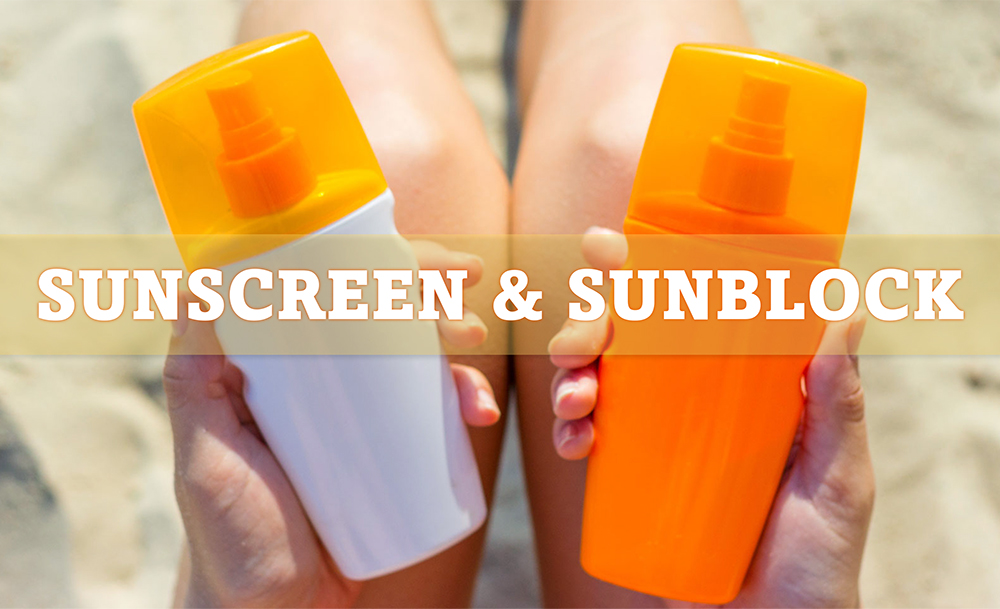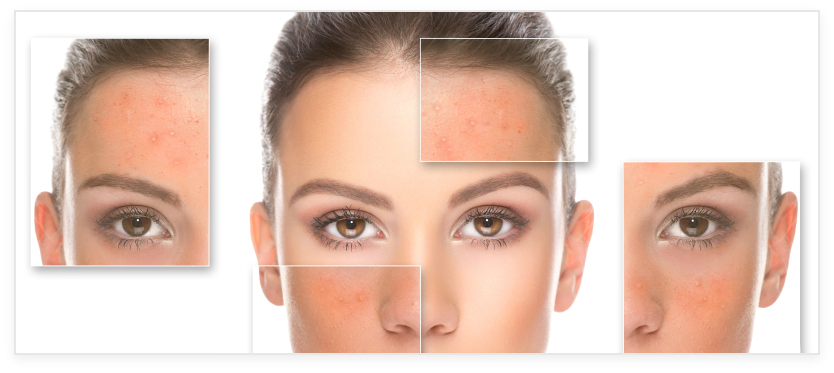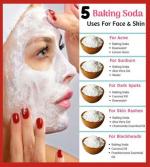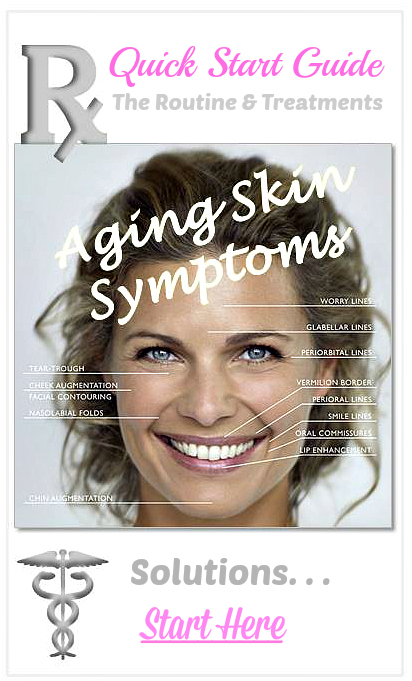- Home
- Skin Care Articles
- Sunscreen and Sunblock
The Difference Between Sunscreen and Sunblock
how to choose?
There is typically quite a bit of confusion and misunderstanding between the difference of sunscreen products and treatments that are formulated as sunblocks.
Although it may seem obvious, sunscreen's function is to "screen" the sun while sunblock actually "blocks" the sun.
In anti-aging skin care it is critical to prevent the sun from damaging the skin.
Therefore, the best option for those interested in protecting their skin from the aging effects of sun damage it's important to choose the right sunscreen or sunblock for your skin type and skin care needs.
Fortunately, most sunscreens and sunblocks work to protect the skin as well as to prevent wrinkles and many aging skin symptoms.
The Difference Between Sunscreen and Sunblock:
Sunscreen is defined as:
". . .a screen to protect against sun or a preparation applied to the skin to prevent sunburn (as by chemically absorbing ultraviolet radiation)."
Sunblock is defined as:
". . .a preparation applied to the skin to prevent sunburn (as by physically blocking out ultraviolet radiation)."
In other words, sunscreens are formulated to protect against UVA rays, which promote skin damage while sunblock products are formulated to stop the damage caused by UVB rays, the kind that cause a sunburn.
The Basics of the difference between Sunscreen and Sunblock
The main difference in sunscreen and sunblock lies is the way they protect the skin from UV rays:
- Sunscreen relies on a chemical
reaction to absorb UV light and convert it into heat, which is then released
from the skin.
- Sunblock relies on minerals to physically block UV rays by forming a
physical shield.
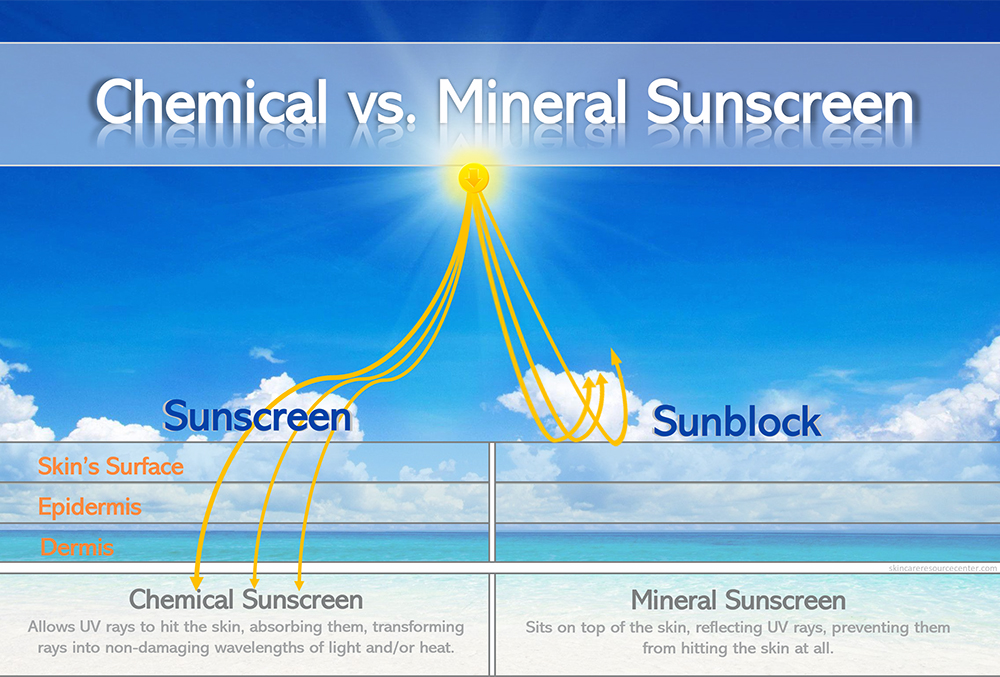
The bottom line. . .
it is critically important that whichever sun care product you chose that it protects against both the sun's UV (ultraviolet) rays on both the UVB and UVA spectrum.
UVB
exposure is associated with sunburn, while UVA is a deeper penetrating form of
radiation. UVA exposure is suspected to be linked to skin cancers, including
melanoma.
The Difference Between Sunscreen and Sunblock products include the active ingredients.
Active ingredients found in sunscreens:
- Aminobezoic Acid
- Avobenzone
- Benzophenone
- Cinoxate
- Dioxybenzone
- Ecamsule
- Ensulizole
- Homosalate
- Meradimate
- Octisalate
- Octinoxate
- Octocrylene
- Oxybenzone
- PABA
- Sulisobenzone
- Trolamine Salicylate
Active ingredients found in sunblocks:
- Iron Oxide
- Titanium Dioxide
- Zinc Oxide
Sunscreen Newsflash. . .
Fact:
The
U.S. Food and Drug Administration (FDA) approval of Anthelios SX, a sunscreen
from L’Oreal, to be sold over-the-counter (OTC) for the prevention of sunburn
and for protection against ultraviolet B (UVB) and ultraviolet A (UVA) rays is expected to offer enhanced protection from both sun damage and harmful potential cancer-causing UV rays.
Reference: FDA

Anthelios is a long-lasting OTC sunscreen with a new ingredient to the USA market, ecamsule, that provides protection from both sun damage and cancer-causing UV rays.
News sources report that Anthelios SX will play a very important role in offering additional protection against skin cancer and aging skin care issues caused by sun damage as it is thought that Anthelios SX may more effectively block UVA than current sunscreening products available in the U.S.
For updated information, refer to the stringent FDA regulations in the works for sunscreen products:
Other FDA Resources:
Remember to use your sunscreen or sunblock each and every morning and reapply as needed throughout the day!
Consider sunscreen and sunblock your greatest ally against aging skin!
